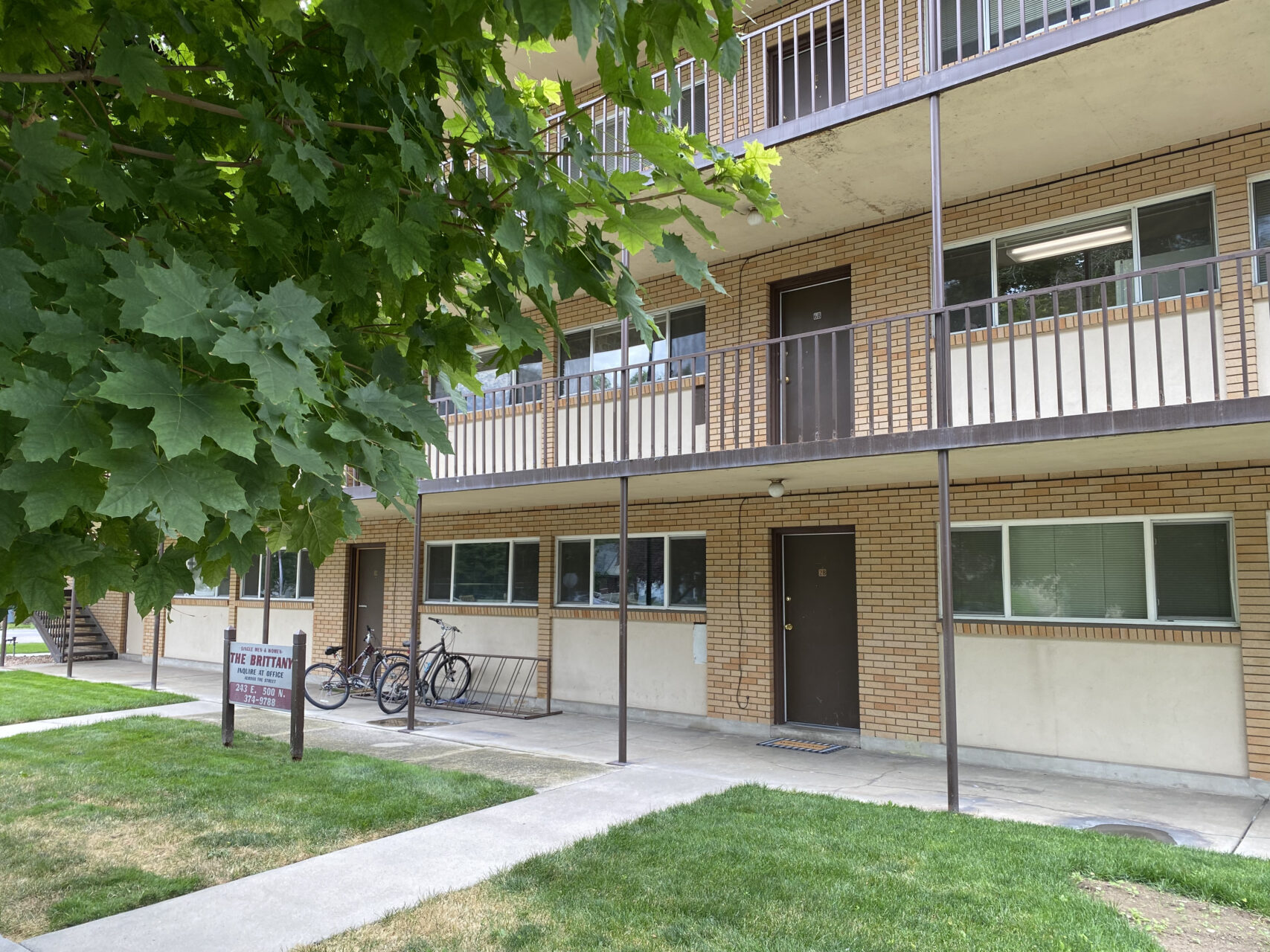
Provo apartment managers appear optimistic about the changes to BYU’s housing policy, which will take effect Aug. 22, despite potential problems regarding co-ed apartments and lower demand.
BYU announced in September 2021 it would no longer require students to live in BYU contracted housing after completing their first two semesters. BYU contracted housing requires students to follow the Honor Code, which doesn’t allow unmarried males and females to live together.
Under the Fair Housing Act, apartments are prohibited from denying housing to anyone based on sex and the complexes which no longer fall under BYU’s exception will have to comply, raising concerns about BYU students and the Honor Code.
In many non-BYU contracted apartments, students will now be responsible for making sure their apartments comply with the Honor Code. Should students expect problems with mixed-gender housing?
Not necessarily, according to several Provo apartment managers.
“We do realize BYU students are still required to live by the Honor Code and we don’t want to put them in a situation where they’re forced to ever break that,” said Michael Olson, leasing manager at Center Pointe apartments.
Olson’s apartment complex will have co-ed buildings but not co-ed apartments, unless a tenant requests otherwise. In that case, Center Pointe would have all the tenants sign an agreement.
“As long as no tenants are being turned away, the complex is still in compliance with the Fair Housing Act,” he said.
Liberty Square manager Colton Hayburn said he thinks only time will tell exactly how the changes will affect students. For landlords at least, the new housing policy removes the pressure of enforcing the university’s rules.
“I don’t necessarily feel like it’s the responsibility of the management and people to take care of the Honor Code,” Hayburn said. “We’re just doing our job and BYU should be required to do theirs.”
Overall Hayburn said he doesn’t expect much to change, except that more people will be eligible to live in more apartments.
“I think a big reason that a lot of properties decided to step away from being BYU contracted was just the fact that students that do not attend BYU couldn’t live at those properties,” he said.
Since the policy change opens up more options for housing, Olson said he thinks the shift will be good for students. The only drawback, he said, might be that the university won’t have as many resources to help students find a place to live.
“You would need to, I guess, kind of put in a little more effort just because you don’t have those resources ready and provided by the university,” Olson said.
If students run into problems with the Honor Code, BYU Off-Campus Housing manager Pat Newman said the Off-Campus Housing office will be ready to help on a case-by-case basis.
“We really want them to contact our office and we can try to walk them through what their options are,” she said. With such a nuanced issue, Newman said there isn’t a cut-and-dried answer the Off-Campus Housing office could give to any concerned students upfront.




